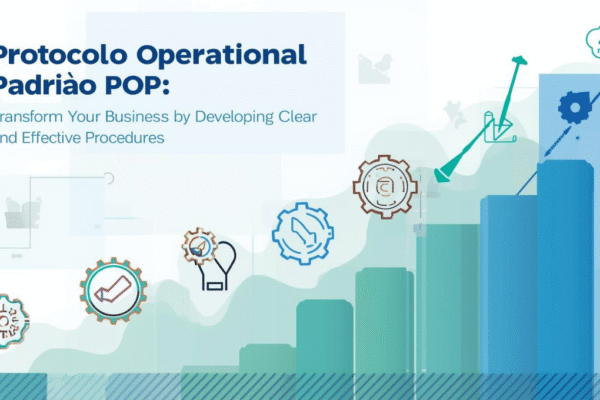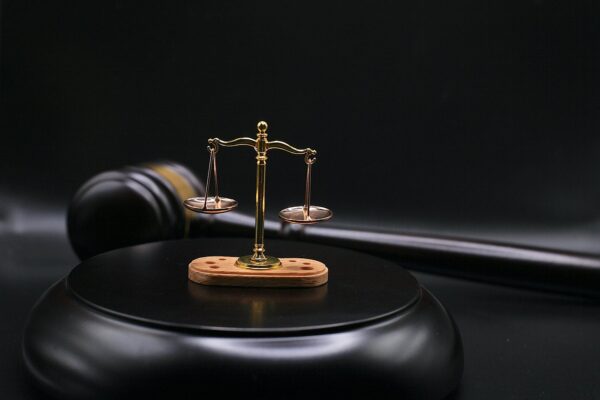In recent years, the academic community has faced growing scrutiny over the integrity of research practices, and few cases have captured attention like that of Francesca Gino—a prominent behavioral scientist at Harvard Business School—and her interactions with data analyst Greg Burd. Their story, now central to a broader discussion on academic ethics, has raised serious questions about trust, transparency, and the mechanisms designed to uphold truth in scholarly research.
Who Is Francesca Gino?
Francesca Gino earned a stellar reputation in the field of behavioral science, specializing in research on decision-making, ethics, and organizational behavior. She published widely-cited studies in top journals and gained mainstream media attention for work exploring honesty, creativity, and social norms. Her position at Harvard and her public profile made her one of the most recognized figures in her field.
However, in 2023, Gino became the subject of a high-profile investigation following accusations of data manipulation in several published papers. The Harvard investigation and subsequent retractions of multiple studies shook the academic world—and the case quickly moved beyond academia when Gino filed a defamation lawsuit against the individuals and institutions involved in uncovering the alleged fraud.
Greg Burd’s Role: A Data Watchdog Emerges
Greg Burd, a data analyst and transparency advocate, emerged as a key figure in the unraveling of Gino’s work. While not as publicly known before the case, Burd played a role in scrutinizing the data underlying several of Gino’s studies. Working in tandem with other anonymous or semi-anonymous watchdogs such as the pseudonymous “Data Colada” team, Burd’s deep analysis of Gino’s datasets uncovered patterns that strongly suggested data tampering.
These findings formed the basis of Harvard’s internal inquiry and led to mounting pressure on academic publishers to retract questionable studies. For Burd, it was a continuation of his mission to promote scientific integrity—but it also placed him at the center of an emotionally and professionally charged legal and ethical battle.
The Legal and Ethical Fallout
Following the retractions and the impact on her professional standing, Francesca Gino initiated legal action against Harvard, the “Data Colada” group, and individuals such as Greg Burd, alleging that the claims made against her were defamatory and unfounded. flawed, malicious, and career-destroying. She has maintained her innocence and asserted that the accusations lack sufficient scientific grounding.
The case has since become more than just a personal dispute—it’s a flashpoint for debate over how misconduct is identified, who gets to act as a whistleblower, and what due process should look like in academia. Some see the watchdog efforts as essential to preserving the credibility of research. Others caution that public accusations and trial-by-blog can bypass formal investigative standards and cause irreversible harm.
Implications for Academic Research and Integrity
This controversy has broad implications for the academic world:
-
Data Transparency: It reinforces the need for open data policies, so that researchers, reviewers, and independent analysts can scrutinize findings for accuracy and reproducibility.
-
Whistleblower Protections: The case highlights the risks faced by those who raise concerns about research misconduct, including legal retaliation.
-
Reputation vs. Responsibility: Institutions like Harvard are now under the microscope for how they handle such investigations—balancing institutional loyalty with public accountability.
-
Public Trust in Science: In an era of skepticism toward science and media, high-profile academic controversies can erode public confidence, making integrity enforcement even more essential.
Conclusion
The Greg Burd and Francesca Gino case is a microcosm of larger tensions in the research community—between prestige and proof, between whistleblowing and defamation, and between institutional reputation and academic rigor. As the case unfolds in both legal and academic arenas, it continues to challenge long-held assumptions about how scientific truth is maintained—and who bears the burden of protecting it.






